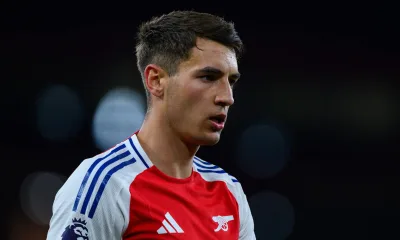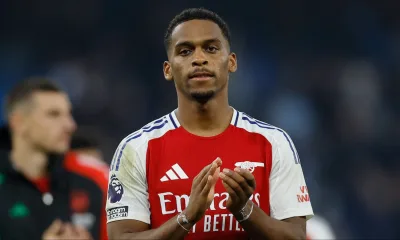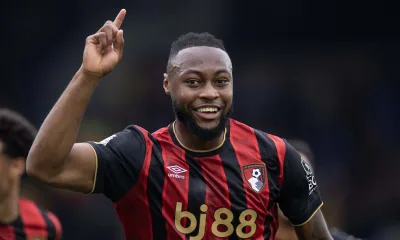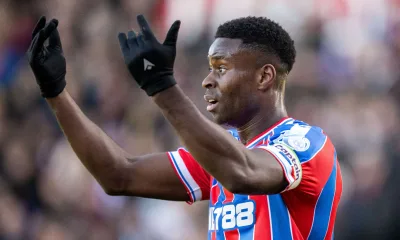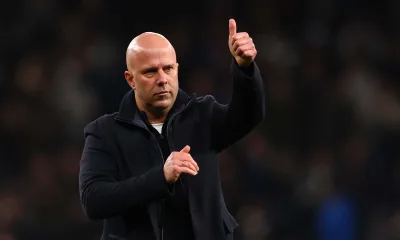Arsenal
Ødegaard Rejects Criticism After Captaincy Vote Confirmed by Squad
Ødegaard insists he will block out criticism after squad vote confirmed him captain for 2025–26. He.
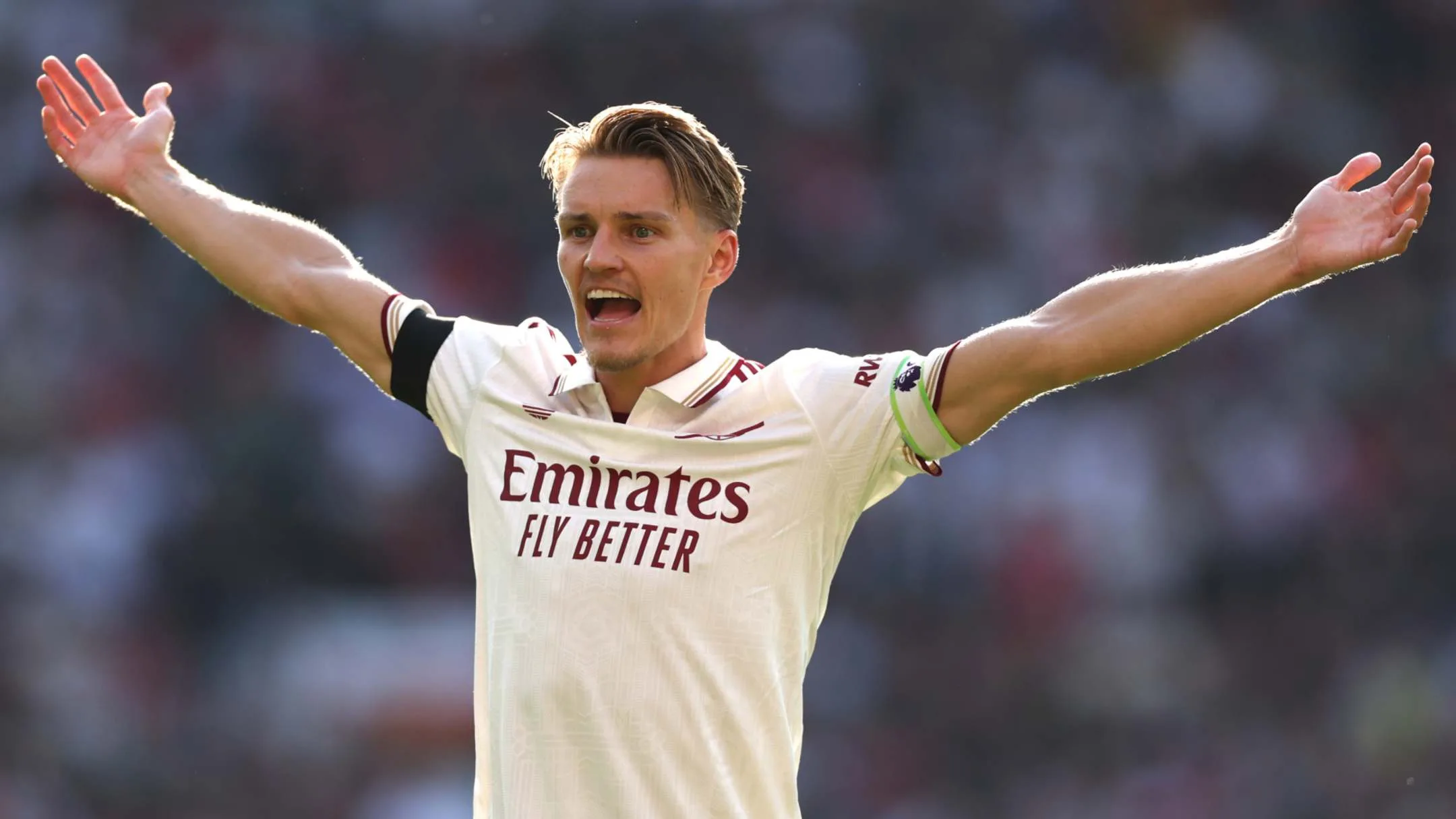
Martin Ødegaard has pushed back on criticism of his captaincy after Arsenal’s squad confirmed him as leader for the 2025–26 season.
The Norway international has built his career on blocking out external noise. After a difficult spell at Real Madrid, Ødegaard enjoyed a successful period following his permanent move to Arsenal four years ago. Last season he experienced a dip in form as injuries and the birth of his first child combined to complicate his campaign.
Tony Adams publicly questioned Mikel Arteta’s decision to persist with Ødegaard as captain given those recent struggles. Arteta answered by saying the squad had unanimously voted for Ødegaard to remain captain for the new season.
“It is true that we voted on it,” the Norway international told VG. “It was ultimately his [Arteta’s] choice anyway. It is a nice confirmation to get it.”
Pressed directly on Adams’s remarks, Ødegaard was clear about his approach to outside opinion. “I don’t care that much. Everyone is allowed to have their own opinion and say what they want. I live with that. You can’t care what everyone says, there will be a lot of positive and negative things that can affect me. It’s important to just block it out, I’ve done it my whole career.”
In Arsenal’s most recent match against Liverpool, Gabriel Magalhães wore the armband because Ødegaard was only fit enough to make the bench. The attacking midfielder had suffered a heavy blow to his shoulder a week earlier and had been a doubt to feature. Ødegaard was able to appear as a substitute for the final 20 minutes.
Following that appearance he linked up with Norway for the September World Cup qualifiers. The captaincy vote and Ødegaard’s public reaction underline how the player and club have chosen to address questions about leadership and form going into the 2025–26 season.
Arsenal
Arteta clarifies Saka absence as Madueke steps into Cup spotlight
Arteta: Saka had a warm-up niggle; Madueke responded when called, with Chelsea tie on Tuesday. Read.
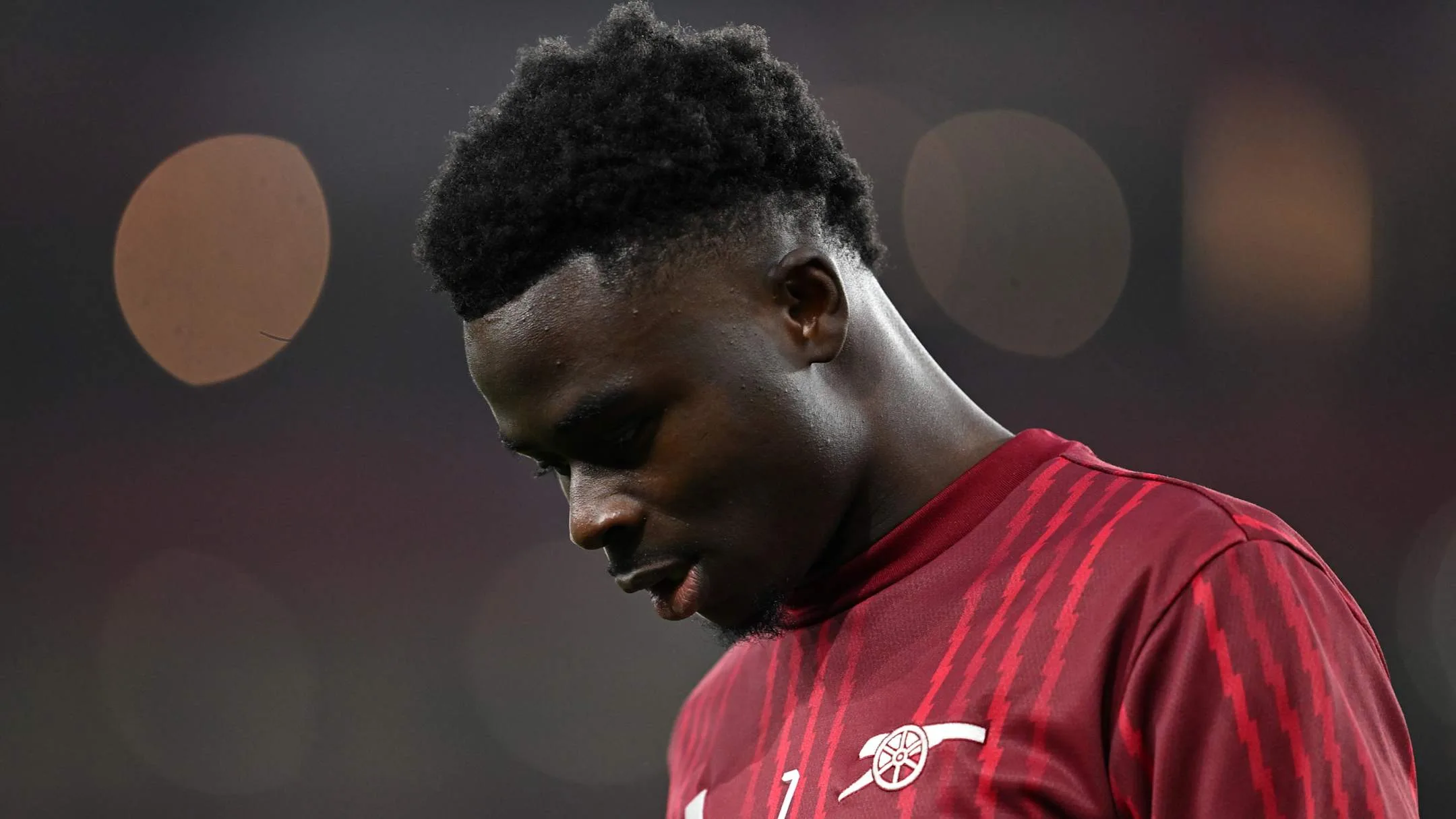
Mikel Arteta confirmed that Bukayo Saka was withdrawn from the squad for Saturday’s win over Leeds United after picking up “a little niggle” in the warm-up. The injury was the only notable setback on a positive day for Arsenal ahead of the second leg of their Carabao Cup semi-final against Chelsea.
“He wasn’t comfortable to start the game, so immediately we made a decision to make that change and bring Noni in,” Arteta said, explaining the decision to replace Saka before kick-off.
Squad depth on the right flank was a specific objective for the club during the summer transfer window. Arteta has been open about his intention to assemble multiple high-quality options in every position, and securing a reliable deputy for Saka was part of that plan.
Arsenal agreed a package worth as much as £52 million ($71.4 million) to sign Madueke from Chelsea, and circumstances provided an early opportunity when Saka was sidelined earlier in the season. While the headline goal-and-assist figures have not matched expectations, Madueke has “undoubtedly passed the eye test this season,” contributing when called upon.
Arteta praised the new arrival for his attitude and preparation. “The way he prepares, the way he’s waiting for opportunity, I think he paid off today because he really impacted the team,” the manager said, highlighting Madueke’s readiness to fill the role.
On the collective task, Arteta added: “We talked before the game, it’s going to be a long game, we’re going to have to navigate through different moments in the game, and we’re going to need everybody fulfilling the role that they have on the day, and I think the players executed that incredibly well.”
Madueke is the leading candidate to occupy the right wing when Arsenal face his former club on Tuesday, though Arteta’s squad contains several possible options for the position.
Arsenal
Clinical Arsenal Cruise to 4-0 at Leeds as Madueke Seizes Late Call-Up
Arsenal recovered from the United loss with a 4-0 victory at Leeds, Zubimendi opened scoring today.
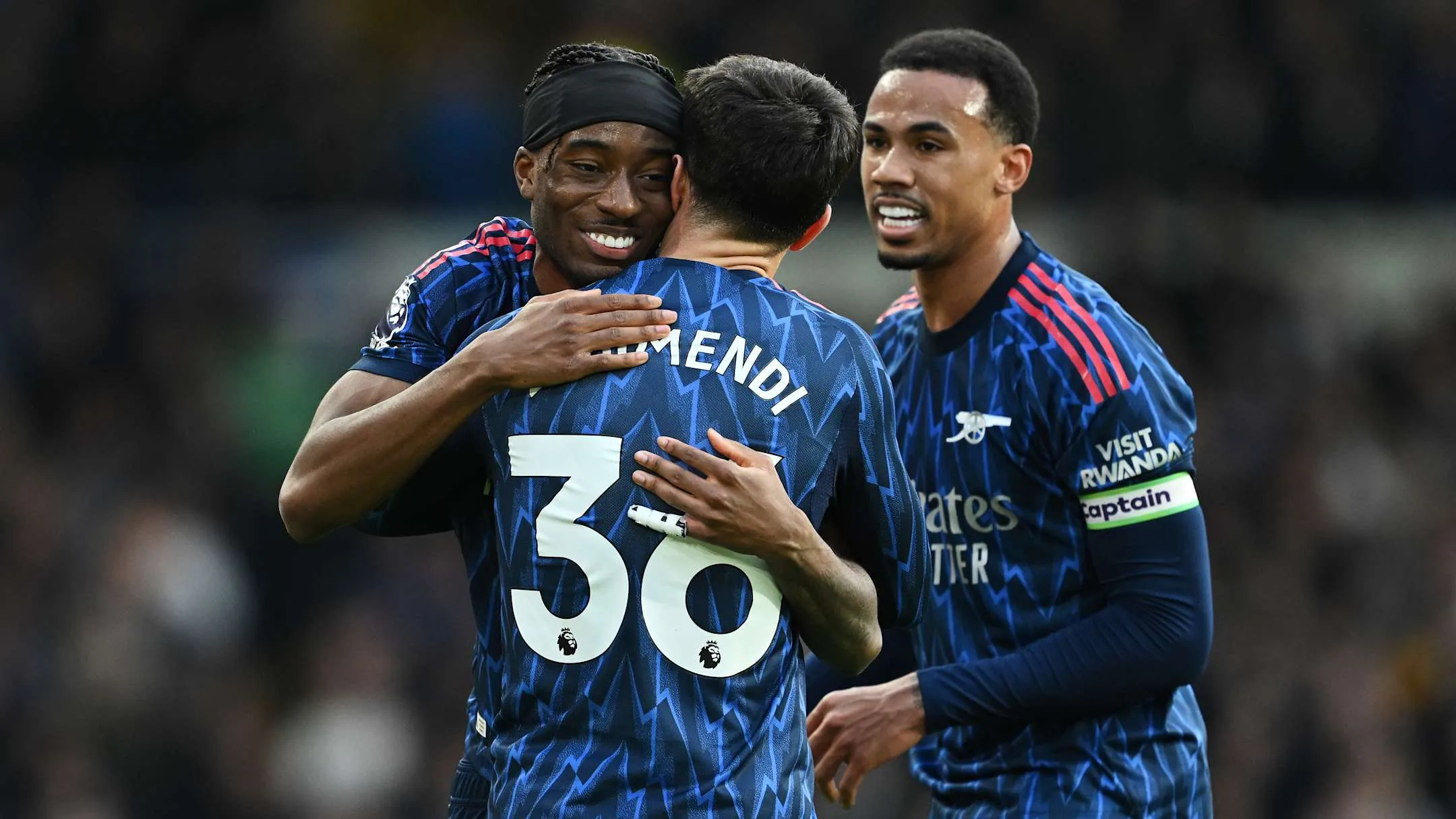
Arsenal responded to last week’s defeat to Manchester United with a 4-0 win away at Leeds United. The Gunners controlled the match from the outset, Martín Zubimendi opening the scoring with a smart header before a corner from Noni Madueke produced an own goal shortly after. Viktor Gyökeres and Gabriel Jesus both netted in the final 20 minutes to make the scoreline emphatic.
Noni Madueke, thrown into the starting lineup moments before kick-off, made an immediate impact. His cross created Zubimendi’s opener and his corner caused the own goal by Karl Darlow. That decisive delivery underlined why Mikel Arteta sought to add the former Chelsea man to his squad.
At the back Gabriel led a physical performance, notably handling Dominic Calvert-Lewin with authority and topping the successful duels for Arsenal. Declan Rice kept the midfield ticking with a steady stream of passes and defensive work. Martín Zubimendi shielded the defence and recycled possession efficiently, earning the match’s highest rating.
Bukayo Saka had been set to start but an injury in the warm-up forced him out of contention, leaving Arsenal to await clarity on the severity of his problem. Madueke’s display further complicates selection decisions on the right flank.
Key player notes and ratings from the match: Martín Zubimendi 8.2, Gabriel Jesus 7.6, Gabriel 7.5, Noni Madueke 7.5, Declan Rice 7.6. Substitutions included Gabriel Martinelli (61′ for Madueke), Martin Ødegaard (61′ for Kai Havertz), Riccardo Calafiori (76′ for Piero Hincapié), Gabriel Jesus (76′ for Viktor Gyökeres) and Eberechi Eze (81′ for Leandro Trossard). Unused subs were Kepa Arrizabalaga, Ben White, Cristhian Mosquera and Christian Nørgaard.
Match statistics underlined Arsenal’s control: possession 51% to 49%, expected goals 2.39 to 0.15, total shots 14 to 3 and shots on target 8 to 1. Arsenal created seven big chances to Leeds’s nil and both sides finished with 79% passing accuracy.
Arsenal
Arsenal make late switch as Bukayo Saka withdraws ahead of Leeds tie
Saka withdrew from Arsenal’s starting XI at Elland Road after he “felt something” in the warm-up…
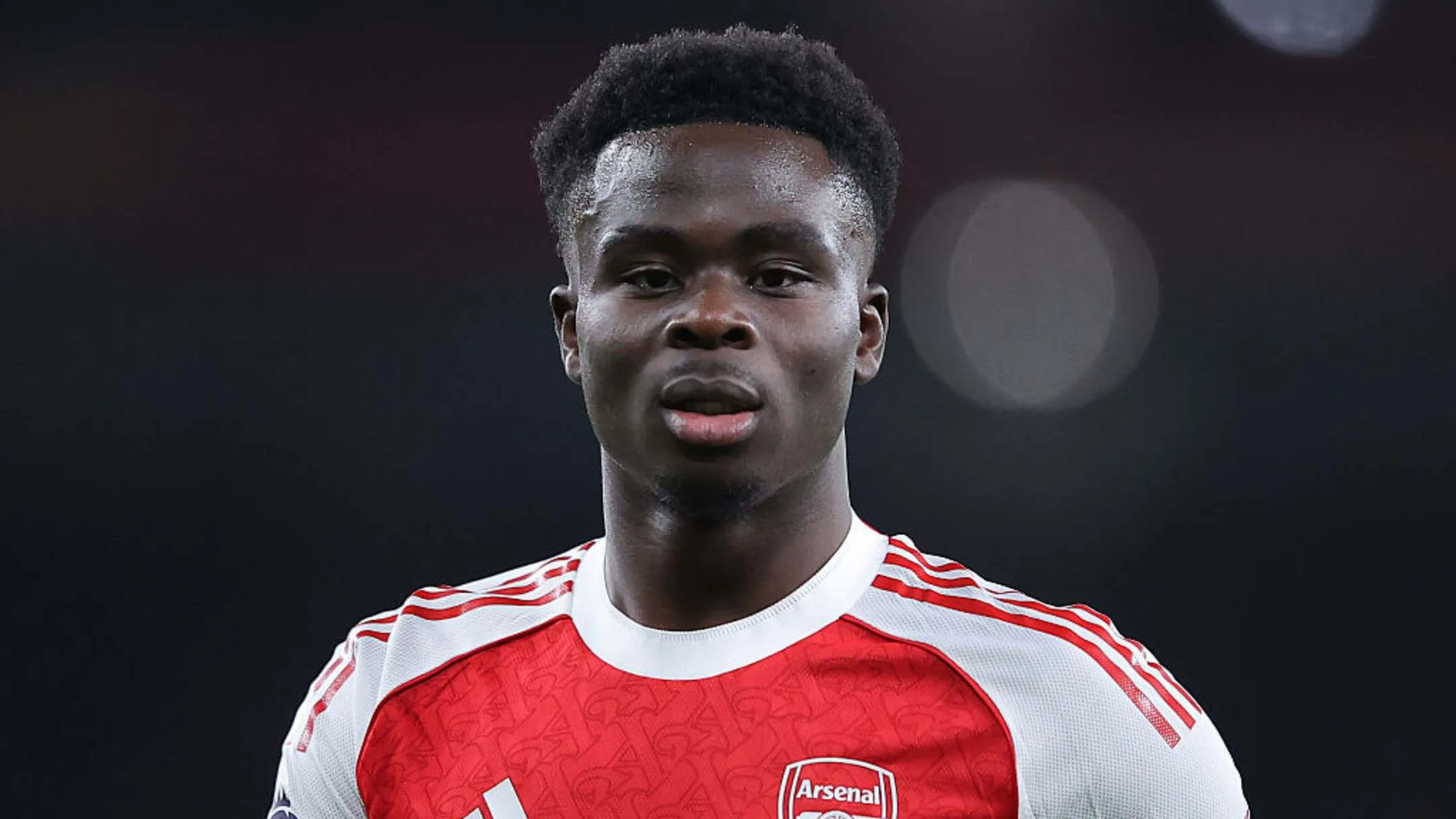
Arsenal, the Premier League leaders, were forced into a last-minute change to their starting line-up on Saturday when Bukayo Saka withdrew before the match at Elland Road.
Saka had travelled to Leeds and was given the nod on the right wing, with plans for him to wear the captain’s armband and resume his usual role on Arteta’s right wing. Those plans changed in the pre-match moments when the winger registered an issue while warming up.
The club confirmed Saka “felt something” while preparing for the game at Elland Road. The team did not disclose any further specifics about the problem, but it was sufficient for the England international to be deemed unavailable for selection.
The absence arrived at short notice and produced a late alteration to the XI, with Saka replaced in the team sheet just minutes before the final whistle. Arsenal made the call after the issue presented itself during the warm-up, and the club determined the player could not take part.
That decision removed an influential figure from the side for a fixture in which Arsenal arrived as league leaders. The club offered no further detail on the nature of the injury, only that the matter prevented Saka from featuring on Saturday afternoon.
The late withdrawal underlines how quickly pre-match circumstances can force tactical and personnel changes. Arsenal moved to adjust their selection immediately after the issue emerged during preparations at Elland Road, leaving supporters and staff to await further updates on the player’s condition.


